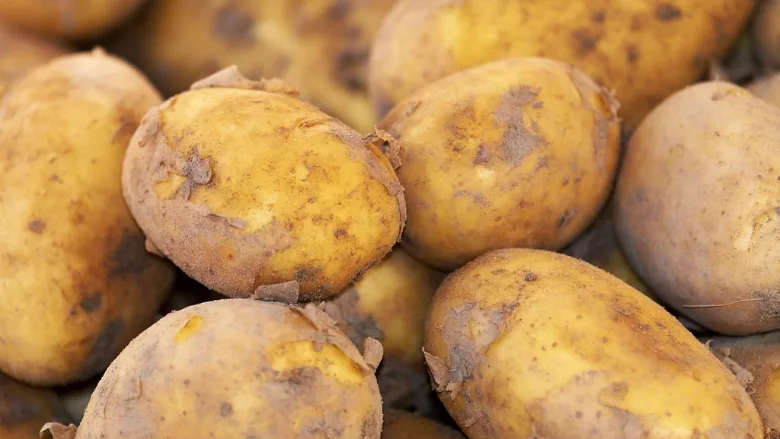The Danish Environmental Protection Agency (DEPA) has banned 23 pesticides containing toxic per- and polyfluoroalkyl substances (PFAS), also referred to as “forever chemicals” due to their inability to break down in human bodies or the environment.
Specifically, DEPA has prohibited the use of six active ingredients—fluazinam, fluopyram, diflufenican, mefentrifluconazole, taufluvalinate, and flonicamid—commonly used in agricultural chemicals. These active ingredients are known to break down into trifluoroacetic acid (TFA), a type of PFAS that easily contaminates groundwater. TFA, which is toxic to the reproductive system, has also been shown to pollute surface water and contaminate food products like wine and cereals.
The use of the 23 banned pesticides must be phased out in a period of 6–15 months. DEPA is also reviewing ten additional pesticides and is expected to make decisions about their authorizations this fall.
DEPA’s decision is in line with the European Commission’s Regulation (EU) 1107/2009, which mandates that TFA must not contaminate groundwater above the legal threshold of 0.1 micrograms per liter (µg/L). The decision was based on the findings of the TriFluPest project carried out by the National Geological Surveys for Denmark and Greenland (GEUS), which demonstrated the significance of TFA formation from the seven most widely used PFAS active substances in Denmark and the risk of groundwater contamination under typical agricultural application conditions.
Human exposure to PFAS through dietary consumption and drinking water is a significant public health concern, with studies linking greater levels of exposure to increased risk for cancers, reproductive system damage, and other consequences.
Not only does PFAS pollution of groundwater and soil lead to the uptake of PFAS by crops and food animals, but PFAS in pesticides can also be a direct source of food contamination. For example, a 2024 study showed that, in the EU, produce with detectable levels of pesticides containing PFAS has nearly tripled over the last decade.
Health concerns aside, producers are apprehensive about how the decision will affect the production of starch potato, which is used as flour in a wide range of food products.
